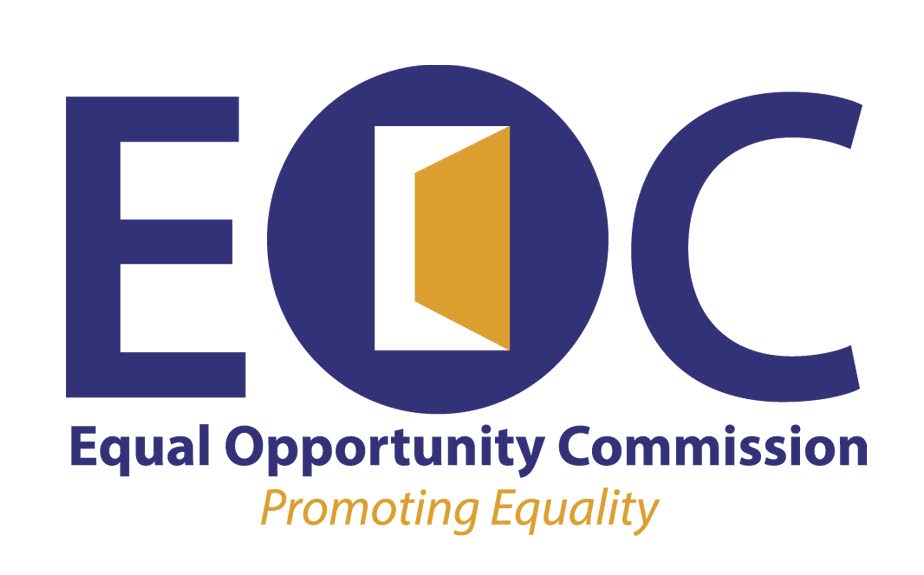Partners in equality

THE EQUAL Opportunity Commission (EOC) joins all other United Nations members to observe Zero Discrimination Day on March 1. UNAIDS (the United Nations agency for treating with issues relating to HIV and AIDS) first observed Zero Discrimination Day in 2014 and initially focused on combating discrimination and stigma against people living with HIV and AIDS, but in recent time it has been expanded to include wider issues of inequality.
The EOC envisions a society where we all have equal access to opportunities, which is a basic and fundamental human right. It is for this reason that the commission, as the leading state advocate on eliminating discrimination and promoting equality, is taking the mantle on commemorating Zero Discrimination Day and is calling on the nation to observe the day.
We are hopeful that this day can be a staple observation in all calendars, with as much prominence and public awareness as other UN-observed days.
As the leading state advocate on working towards eliminating discrimination and promoting equality of opportunity, the commission has a robust public education programme, which raises awareness among the population and provides platforms to magnify inequality across various communities.
On Zero Discrimination Day, we heighten our awareness and advocacy activities. We as a people must commit ourselves to ensuring that all forms of discrimination come to an end and the observance of Zero Discrimination Day is a welcome opportunity for the nation to engage our public education material to become enlightened partners in putting an end to inequalities wherever it is found.
Our beautiful twin islands are shared by multiple races, ethnicities, religions, disabilities, genders and origins and we all have the right to enjoy life, liberties and equality.
The co-operation and advocacy that we require from the nation is supported by the role of the EOC as an institution specifically created to champion the pursuit of equality in our society. It seeks to enforce the Equal Opportunity Act so that people who face discrimination in certain settings can get relief.
The EOC receives, investigates and conciliates matters of discrimination. If you have been discriminated against, you can lodge a complaint with us. We will bring parties to conciliation, similar to that of mediation, where parties meet to amicably resolve the matter.
If the matter is unresolved, it can be referred to the Equal Opportunity Tribunal for adjudication. The tribunal is a superior court of record and is an independent institution to the commission.
Recently, the EOC engaged members of the public through its outreach caravan in Tobago. We had the opportunity to place our fingers on the pulse of the people and listen to their concerns.
It was apparent from our many conversations that people, while they are aware of the commission, are largely unaware of the protection that the act offers to people who have been discriminated against and how the commission provides redress.
Therefore, our focus this week, in addition to leading the thrust on commemorating Zero Discrimination Day, would also be to return to our foundation and educate the wider public on the EOC’s mandate and the protection offered by the Equal Opportunity Act.
Discrimination
It is important for members of the public to be able to identify what discrimination looks like so they can be empowered to lodge a complaint. Discrimination occurs when someone treats you less favourably than they would treat another person with a different status in a circumstance that is not materially different.
About the act
The act protects seven status grounds, or what you can call protected inherent characteristics. They are: sex; race; ethnicity; origin, including geographical origin; religion; marital status; disability.
The act covers four categories of discrimination. Meaning if you are trying to access services within one of those categories and you are discriminated against based on any of the above seven characteristics, you can lodge a complaint.
The four categories are: provision of goods and services, provision of accommodation, employment, education.
For more information, visit the Equal Opportunity Commission’s website, www.equalopportunity.gov.tt, and follow us on social media: Facebook, LinkedIn, Instagram and YouTube.


Comments
"Partners in equality"